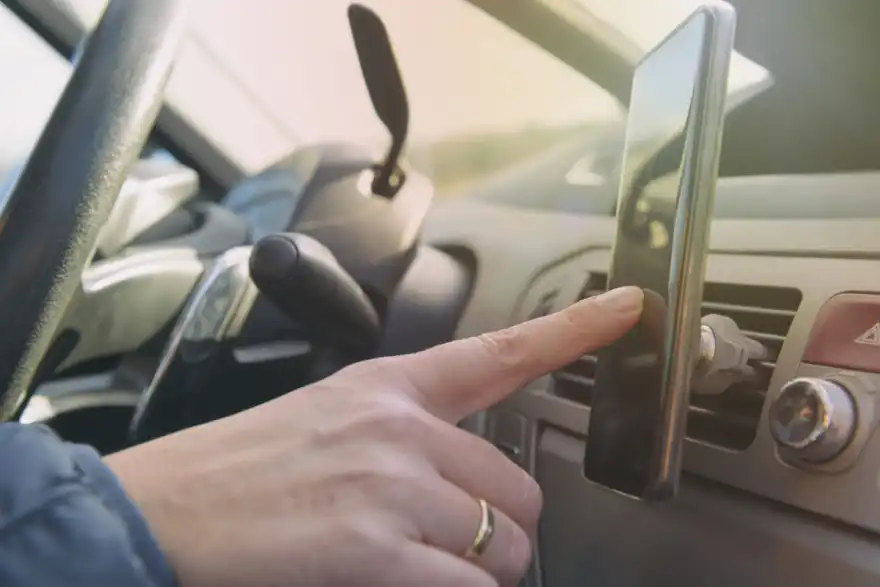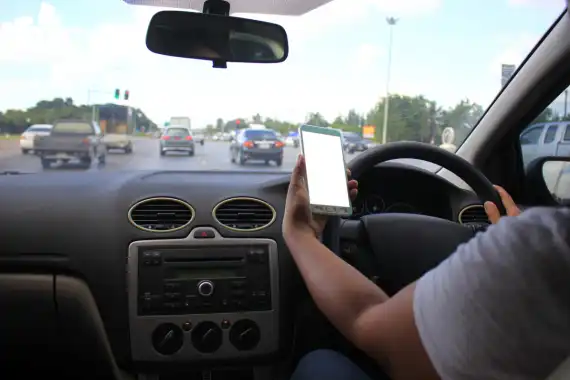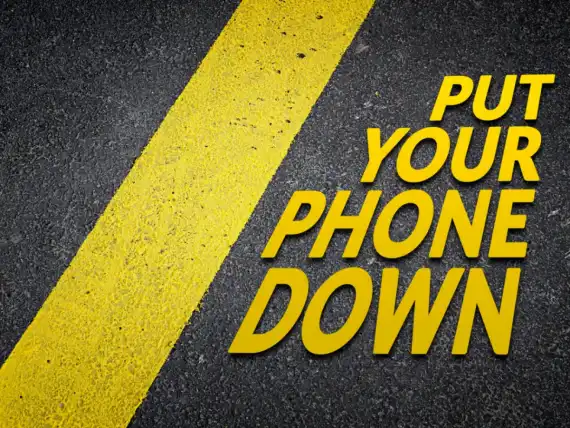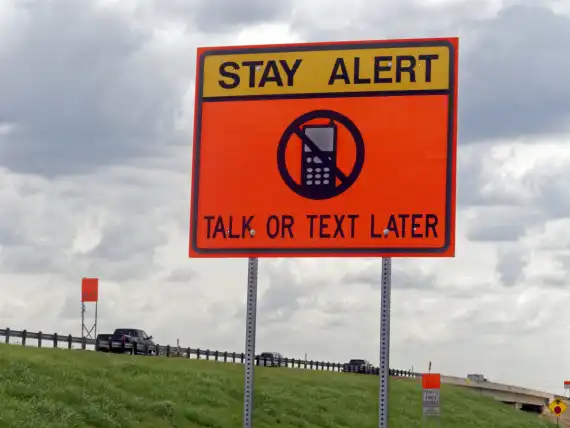
Our current mobile phone laws were passed in December 2003, back then phones had just received colour screens. The Nokia N-Gage was the latest and greatest, and for the first time ever you could play MP3’s and download incredibly basic apps. This signalled the dawn of the smartphone.
But the law is a slow and lumbering machine at the best of times, it had only just caught up with the newfound prevalence of basic mobile phones. Little did they know in just four years the first modern-day smartphone, the iPhone would be born.
Suddenly people had the equivalent of a small supercomputer in their pocket, one that combined messaging with always-on internet and a camera to hand whenever you need it.
That last part has become open to abuse in the last few years.
With regard to driving and mobile phones, the law says:
Regulation 110(6)(a) states that a mobile phone or device is to be treated as hand-held if it is, or must be, held at some point during the course of making or receiving a call, or performing any other interactive communication function.
The term "mobile phone" will cover cell-phones and smartphones.

This has created a loophole which was successfully exploited in a recent high profile case. A driver was travelling past an accident on the other side of the road and decided to film the aftermath. He was caught doing so, taken to court and found guilty in 2017.
In October last year, that ruling was overturned by a crown court. The judge had ruled that the law didn’t stop the use of a phone to film a video while driving. Subsequently, in August this year, it was referred again to a high court where two judges upheld it.
In what may seem like madness, the law is preventing prosecutions from happening due to the way it defines a mobile phone. Your device is only seen as a mobile phone in the eyes of the law if it’s being held in your hand during the course of making/receiving or performing any other two-way communication-based function. Not camera use.
Last week Grant Shapps, Transport Secretary, announced plans to bring the now-archaic hand-held mobile phone offence into the 21st century.
It also means a tightening of the law, not only will taking photos and browsing the internet be a prosecutable offence but even scrolling through a playlist with a device in hand will mean a fine and points.

This urgent review will see further proposals expected to be in place by next spring.
Official guidance is to avoid any mobile phone use while driving. The RAC has also recommended to turn your phone off or put it into flight mode as soon as you get into the car.
Even using a mobile phone hands-free via Bluetooth impairs a drivers judgement just as badly as holding a device. Scientists from the University of Sussex found in 2016 that conversations can cause the driver to visually imagine what they’re talking about, this engages part of the brain normally used for keeping your eyes on the road.

The law currently states that you can use phones, sat navs and even two-way radios in a hands-free manner. If the police think you’re duly distracted by any of these and not in control of your vehicle, you could also be prosecuted.
It brings into question the current levels of infotainment we all so desire and seek to have in our cars. When even changing from one radio station to another is a danger, what sort of distraction do the likes of Android Auto and Apple CarPlay provide us with?


